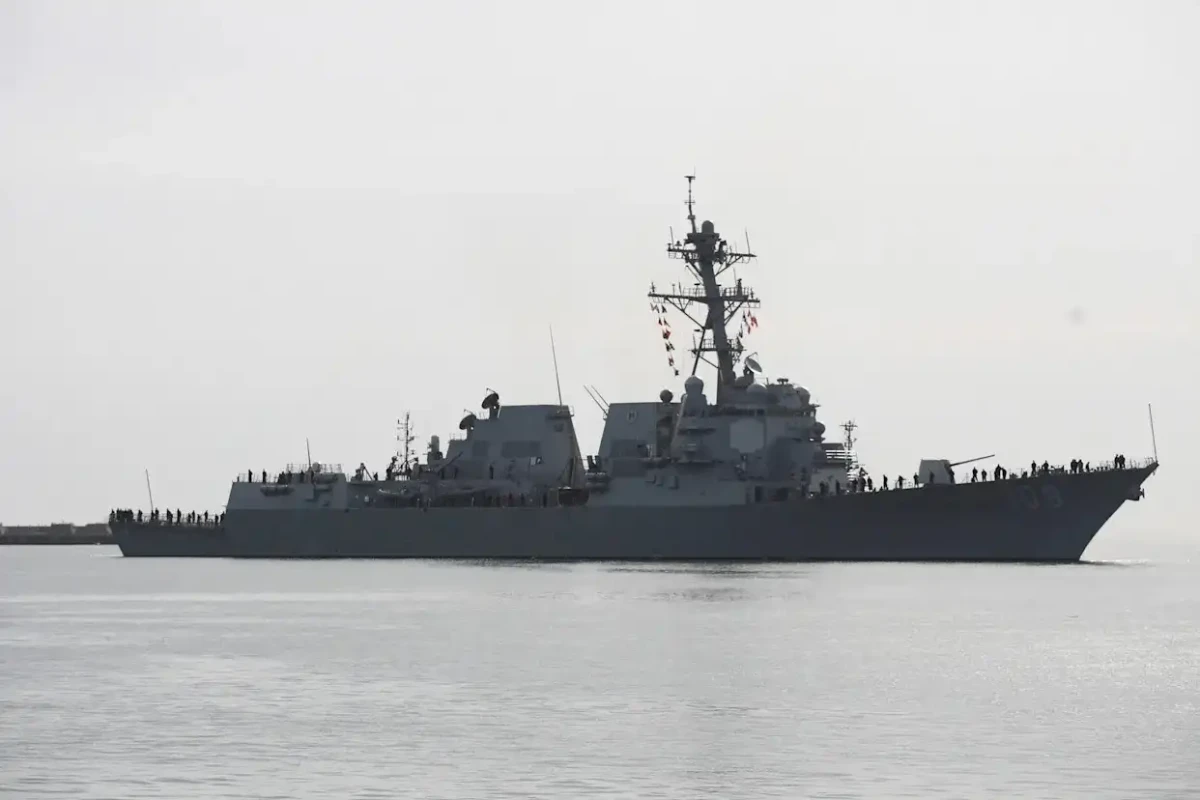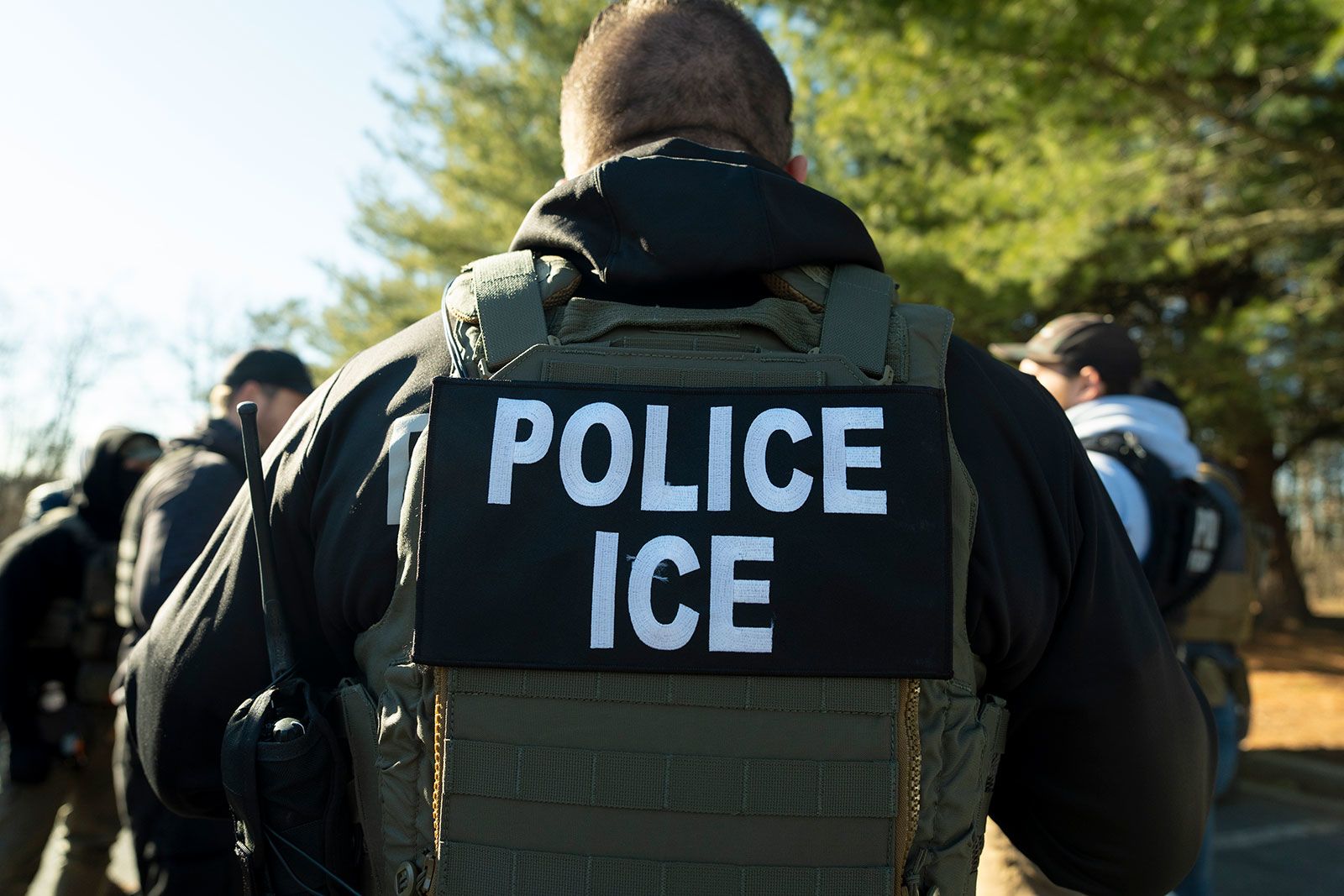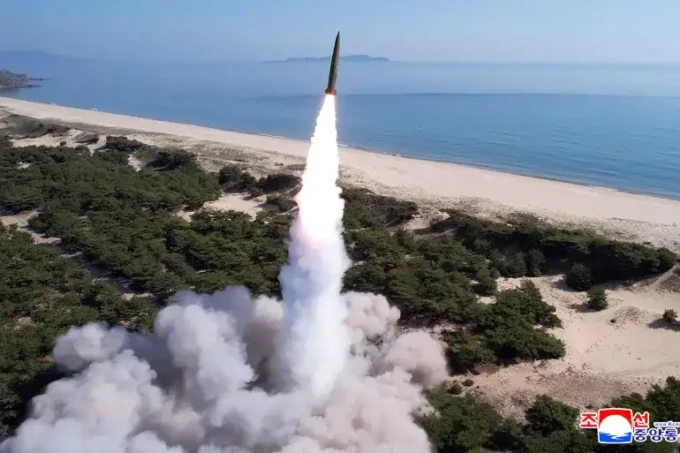Tensions between the United States and Venezuela have escalated significantly following provocative flyovers by two Venezuelan military aircraft over the USS Jason Dunham, a U.S. Navy guided-missile destroyer, in the Caribbean Sea. This incident, occurring within 48 hours of similar actions by Venezuelan F-16 fighter jets, prompted a swift condemnation from the Pentagon, which labeled the maneuvers as “highly provocative.” U.S. officials asserted that these actions aimed to interfere with U.S. counter-narcotics and counter-terrorism operations in the region.
The confrontations follow a recent U.S. military strike that targeted a vessel allegedly transporting illegal drugs linked to the Venezuelan criminal organization, Tren de Aragua. This operation led to the deaths of 11 individuals aboard the vessel, an action denounced by Venezuelan authorities, who accused the U.S. of extrajudicial killings and fabricating evidence.
In response to the rising tensions, Venezuelan President Nicolás Maduro has activated the Bolivarian Militia and mobilized reservists to enhance national defense. Maduro criticized U.S. military activities in the Caribbean as a “criminal and bloody threat,” asserting that Venezuela would not yield to foreign intervention.
The U.S. Navy has a robust presence in the Caribbean to support counter-narcotics initiatives and deter potential threats. The recent Venezuelan aircraft flyovers have raised concerns regarding the risk of miscalculations or unintentional escalations.
Both nations have expressed a desire for de-escalation amid ongoing military activities and diplomatic exchanges. International observers are monitoring the situation closely, underscoring the importance of clear communication and adherence to maritime protocols to prevent further incidents in this volatile context.











Leave a comment